Eczema Treatments from U.S. Dermatology Partners
What Is Eczema?
Eczema, also sometimes referred to as dermatitis, is a common condition characterized by a certain type of inflammation in the skin. There are many different types of eczema and symptoms can range from mild itching and redness to severe blistering and cracked skin. Whether you’re newly diagnosed with eczema or you’ve struggled with this chronic skin condition for years, you know that finding a treatment that works for you isn’t just important – it’s essential. Without proper and effective interventions, people with eczema can experience significant discomfort, itching, and inflammation.
At U.S. Dermatology Partners, our knowledgeable dermatologists partner with their patients to develop and maintain an effective eczema maintenance plan and provide advanced treatments for serious flareups. Learn more on this page or contact U.S. Dermatology Partners to get started working with us today.
{
"@context": "http://schema.org/",
"@type": "Organization",
"address": {
"@type": "PostalAddress",
"addressCountry": "United States",
"email": "presbyterian@dermatologyassociates.com",
"telephone": "+1-512-478-3376",
"disambiguatingDescription": "Dermatology U.S. Dermatology Partners combines the personal level of care found in private dermatology practices with the benefits of a network of physicians working closely together. As the second largest physician-owned dermatology practice in the United States, we have more than 50 locations throughout Texas and the Midwest "
},
"areaServed": "Texas\",\"Missouri\",\"Virginia\",\"Oklahoma\",\"Arizona\",\"Kansas\",\"Maryland",
"aggregateRating": {
"@type": "AggregateRating",
"ratingCount": "218",
"reviewCount": "218",
"bestRating": "5",
"ratingValue": "5",
"worstRating": "1"}}
{"@context": "http://schema.org/",
"@type": "Service",
"audience": {
"@type": "Audience",
"audienceType": "Dermatology Medical Services & procedures",
"alternateName": "Dermatologist ",
"description": "Whether its protecting your skin from harm or restoring it to health, we have the knowledge, skills, and technology to treat a wide range of skin conditions. Our specialized skin cancer procedures have generated exceptionally high cure results. In addition, our expert treatment of acne, dermatitis, psoriasis and other common conditions continue to expand with the development of additional physician and nursing resources, treatment options and advanced clinical trials."
},
"brand": [
"https://www.usdermatologypartners.com/wp-content/uploads/2016/11/USDP-NEW-Logo.png",
"https://www.usdermatologypartners.com/wp-content/uploads/2016/11/USDP-NEW-Logo.png"
]}
Find This Service Near You
What Is Eczema?
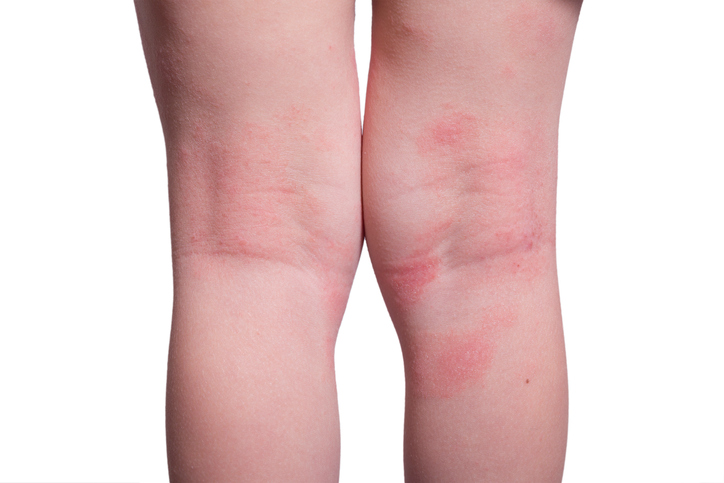
Eczema can appear anywhere on the body but most commonly affects the elbows, wrists, face, neck, knees, ankles and groin.
Eczema is an umbrella term that refers to a range of conditions, but it is most often used in reference to atopic dermatitis, a common condition characterized by a certain type of inflammation in the skin. There are many different types of eczema and symptoms can range from mild itching and redness to severe blistering and cracked skin. During diagnosis and treatment planning with a dermatologist, you will receive a thorough examination to ensure you are dealing with eczema, identify the specific form of eczema, and help you create a plan for ongoing care.
Are There Different Types of Eczema?
There are several different types of eczema, and each of them has its own unique appearance and symptoms.
The most common forms of eczema include:
 Atopic Dermatitis
Atopic Dermatitis
Atopic dermatitis is the most common type of eczema and what people are usually thinking of when they hear the word. Atopic dermatitis leads to skin reddening, inflammation, and itching. The condition often forms first in childhood, but individuals may experience atopic dermatitis flareups throughout their lives. Symptoms of atopic dermatitis most often form on the face, arms, and legs.
 Contact Dermatitis
Contact Dermatitis
As the name suggests, this form of eczema occurs due to skin contact with an irritant. The irritating substance can be any number of things, including sunlight, allergens, chemicals, toxins, or even simply rubbing fabric or other items. Contact dermatitis, like atopic dermatitis, leads to itching and inflammation. Unlike atopic dermatitis that often covers large areas of the skin, contact dermatitis usually leads to a localized rash that may be painful, swollen, or burning. What starts as a mild, itchy rash may develop into blisters, bumps, or cracks in the skin.
 Dyshidrotic Eczema
Dyshidrotic Eczema
Dyshidrotic eczema is more common for women than men. It has many of the same symptoms as the other forms of eczema and dermatitis, but it typically affects just the hands and feet. Patients often experience flareups in this condition around the spring allergy season.
 Nummular Eczema
Nummular Eczema
Most types of eczema seem to be hereditary (inherited within families), but nummular eczema is the exception. It doesn’t seem to be caused by any inherited factors and cases don’t often occur within families. In fact, the underlying cause of this type of eczema isn’t known, and nummular eczema is very difficult to diagnose due to the varying symptoms between patients. One commonality is that this type of eczema typically causes coin-shaped spots on the skin, which is why its name was derived from the Latin word for coin.
 Seborrheic Dermatitis
Seborrheic Dermatitis
You may have heard seborrheic dermatitis referred to as cradle cap. This form of eczema is common in infants, but it can develop in adults as well. Seborrheic dermatitis takes its name from the sebaceous glands that produce oil that keeps skin moisturized. Flareups in seborrheic dermatitis are typically focused in areas with high levels of sebum oil, including the scalp, nose, and upper back. Symptoms of this form of eczema usually involve dry, itchy skin. Cradle cap and seborrheic dermatitis flareups that impact adult scalps may be mistakenly diagnosed as dandruff, but below the dandruff-like flakes, the skin is usually very oily unlike the dry skin common for those with dandruff.
 Stasis Dermatitis
Stasis Dermatitis
Stasis dermatitis is a rare form of eczema that develops due to poor circulation. Symptoms are most common on the lower legs and include pain, swelling, itching, and skin discoloration, and reddening. The symptoms are caused when improper vein function leads to a buildup in fluid that leaks beneath the skin.
Who Is at Risk for Eczema?
Though the exact causes of eczema are unknown, some factors increase your risk of developing certain types of dermatitis. The different forms have their own associated risk factors, but most types of eczema and dermatitis seem to be hereditary. If you have close family members with this condition, you may be significantly more likely to develop eczema, but atopic dermatitis, the most common form, is almost always genetically inherited.
Unlike some chronic skin conditions that are more likely impact either men or women, individuals in specific age ranges, or people with certain skin types, eczema affects men and women of all ages and skin types. Many types of eczema develop first in childhood, but flareups and diagnosis may occur at any age.
Some factors that do seem to indicate a greater risk for eczema include:
- Frequent or severe allergic reactions (skin, seasonal, and other allergies)
- Generally sensitive skin
- Overactive immune system
- Health conditions (heart failure, Parkinson’s’ disease, HIV)
- Frequent contact with irritants (chemical, toxins, allergens)
- Repetitive movement of fabric or jewelry
- High levels of prolonged stress
- Living in climates with extreme temperature fluctuations, humidity, or dryness
What are the Symptoms of Eczema?
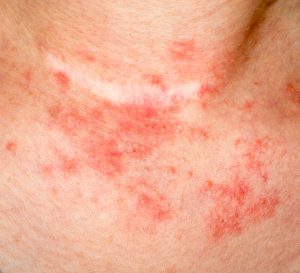
There are many different types of eczema, and symptoms can range from mild itching and redness to severe blistering and cracked skin.
Eczema can appear anywhere on the body, but it most commonly affects:
- Elbows
- Wrists
- Face
- Neck
- Knees
- Ankles
- Groin
- Dyshidrotic eczema affects the hands and feet
Depending on the type of eczema, symptoms can range from mild itching and redness to severe blistering and cracked skin. Eczema may flare up and cause severe symptoms, or it can also become a chronic problem with less intense effects.
The most common symptoms of eczema are:
- Itching
- Scaling (thick, dry patches of skin)
- Redness
- Fluid-filled blisters
- Cracking of the skin
- Nummular eczema causes coin-shaped red spots or rashes
What are the Treatment Options for Eczema?

Eczema may flare up and cause severe symptoms, or can also become a chronic problem with less intense symptoms.
In most cases, you can manage eczema symptoms on your own at home, but during serious flareups, you may need to visit with your dermatologist for more advanced solutions. Treatments will vary depending on the cause and severity of eczema. When an eczema flareup is severe or persists without improvement for several days or weeks, your doctor may recommend a topical corticosteroid or over-the-counter cream, as well as prescription ointments and an oral steroid. In the most severe cases, your doctor may prescribe an antibiotic. If an additional skin infection is suspected, oral antihistamines or even immunosuppressant drugs may be prescribed to suppress an overactive immune system, but this treatment option is less common. Laser or light therapy treatments in our office may also be used for more severe flareups.
Some tips for avoiding eczema flare-ups:
- Use lukewarm water and a mild, moisturizing soap.
- Apply moisturizer at least once a day.
- Apply moisturizer immediately after bathing.
- Avoid irritating fabrics such as wool against your skin.
If eczema is severe or persists, your doctor may recommend a topical corticosteroid or other over-the-counter cream, as well as prescription ointments and an oral steroid. In the most severe cases, your doctor may prescribe an antibiotic, if an additional skin infection is suspected, oral antihistamine or even immunosuppressant drugs to suppress an overactive immune system, though this is less common.
Can Eczema Flareups be Prevented?
In many cases, you can prevent an eczema flareup by following an at-home care plan set out by your dermatologist.
Every person’s condition is different, but some recommendations for preventive eczema care include:
- Keep skin moisturized. Use a thick, cream-based moisturizer at least two times each day, and you should always apply moisturizer after bathing or showering. Use a good hand cream after handwashing to avoid excessive dryness and irritation, especially if you frequently wash hands.
- Take care when bathing and showering to avoid overwashing and drying out the skin. Bathing too frequently, using moisture-stripping body washes or soaps, and taking overly hot showers and baths can all trigger eczema flareups. Use warm water, moisturizing body washes, and avoid bathing more than once each day or spending too much time in the bath. You should also apply moisturizer immediately after exiting the bath or shower.
- Go over each of your hygiene, skincare, cleaning, and cosmetic products with your dermatologist. Your doctor will recommend specific products, but generally speaking, you should look for items with fewer ingredients marked as fragrance-free and hypoallergenic.
Is Eczema Treatment Permanent?
Unfortunately, there is no cure for eczema. If you have experienced one flareup, the chances are you will have flareups or chronic, low-level symptoms throughout your life. The good news is that, with proper management, the symptoms of eczema are usually minimal. Partnering with a skilled dermatologist to create an effective ongoing symptom management plan is the best way to minimize the impact of eczema on your daily life and prevent the most severe flareups.
*Results may vary by individual

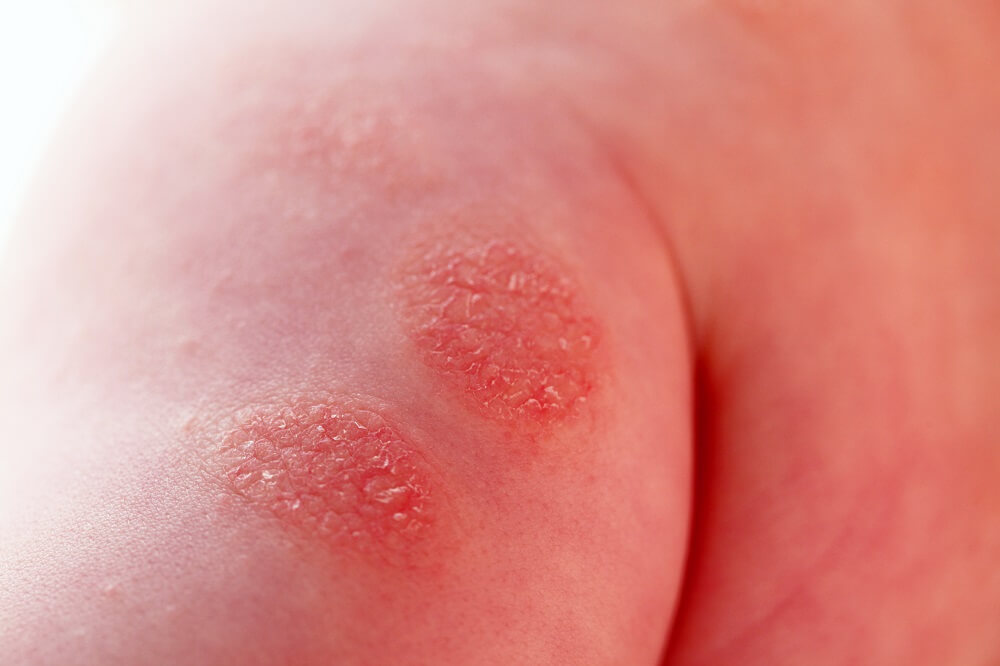
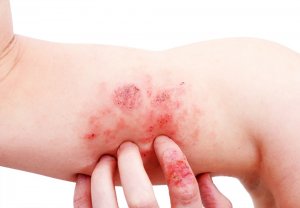 Atopic Dermatitis
Atopic Dermatitis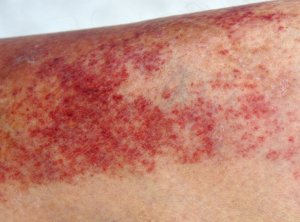 Contact Dermatitis
Contact Dermatitis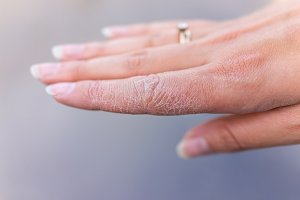 Dyshidrotic Eczema
Dyshidrotic Eczema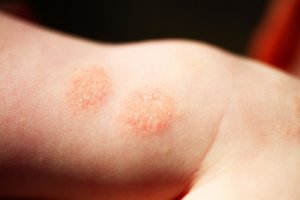 Nummular Eczema
Nummular Eczema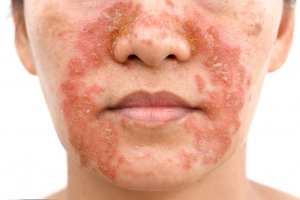 Seborrheic Dermatitis
Seborrheic Dermatitis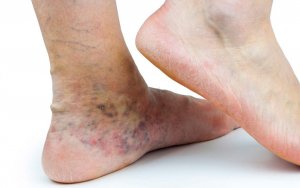 Stasis Dermatitis
Stasis Dermatitis